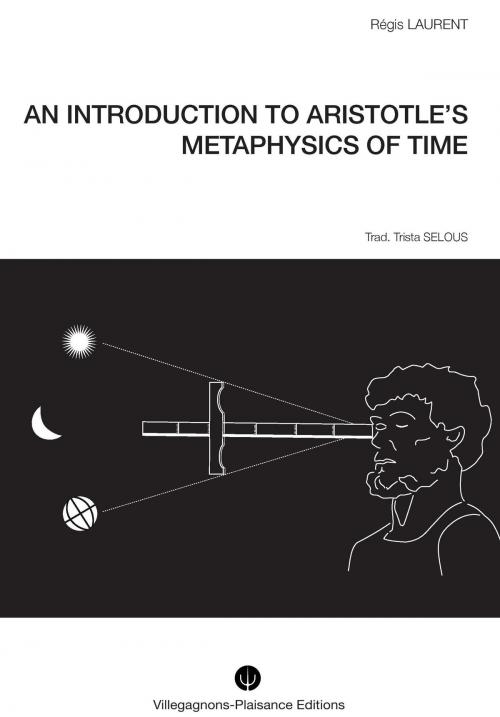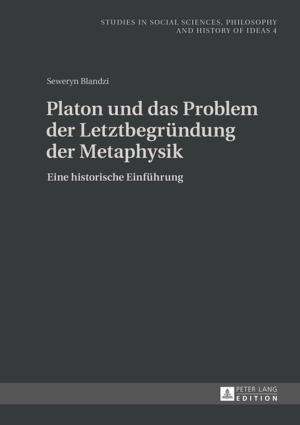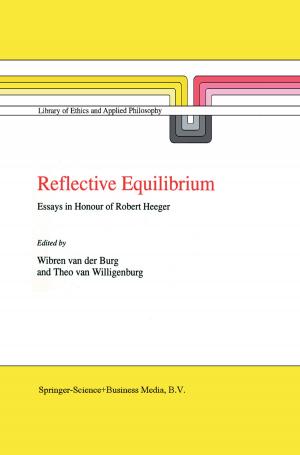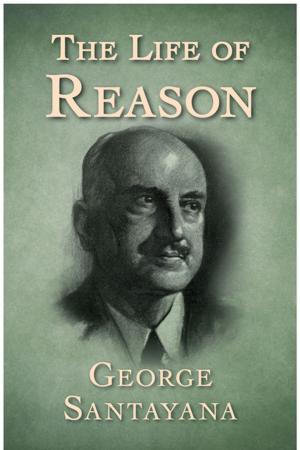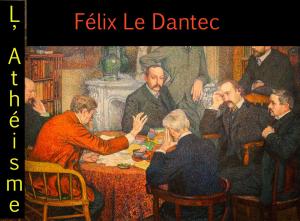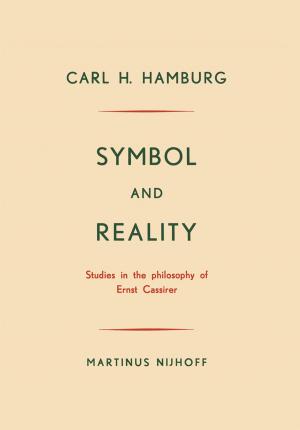AN INTRODUCTION TO ARISTOTLE’S METAPHYSICS OF TIME.
Historical research into the mythological and astronomical conceptions that preceded Aristotle’s philosophy
Nonfiction, Religion & Spirituality, Philosophy, Metaphysics| Author: | Régis LAURENT, Trista SELOUS | ISBN: | 1230000834759 |
| Publisher: | VILLEGAGNONS-PLAISANCE EDITIONS | Publication: | April 16, 2009 |
| Imprint: | Language: | English |
| Author: | Régis LAURENT, Trista SELOUS |
| ISBN: | 1230000834759 |
| Publisher: | VILLEGAGNONS-PLAISANCE EDITIONS |
| Publication: | April 16, 2009 |
| Imprint: | |
| Language: | English |
This study of Greek time before Aristotle’s philosophy starts with a commentary on his first text, the Protrepticus. We shall see two distinct forms of time emerge: one initiatory, circular and Platonic in inspiration, the other its diametrical opposite, advanced by Aristotle. We shall explore this dichotomy through a return to poetic conceptions. The Tragedians will give us an initial outline of the notion of time in the Greek world (Fate); we shall then turn to Homer in order to better grasp the complex relations between time and the religious sphere (the Hero); the work of the great theologian Hesiod will confirm this initiatory vision, later set out in remarkable fashion by Nietzsche (Myths); we shall then dive deep into Pythagoreanism to complete our account (Mysteries). Having understood this current of thought, powerfully influenced by the Iranian theogony, we shall be able to discern its clear differences from the so-called “Ionian” current, and thus to move away from Plato (Ideology). Lastly, we shall return to the early Ionian thinkers Thales and Anaximander to analyse whether this really was the vision of the world that Aristotle adopted in developing the first model of time (Science). In the second volume we shall see the return of the thought of the theologoi within the Aristotelian corpus itself, and will question our distinction between the being and existence of time.
Régis Laurent is a philosopher and member of the association Kairos Kai logos (Centre for the study of ancient philosophy). This book is the first part of his doctoral thesis in philosophy, undertaken under the aegis of three French universities (Grenoble, Clermont-Ferrand and Rennes). In addition to his philosophical training, the author is also qualified to Masters level in linguistics and in general psychology, and studied theology at the Thomist University in Paris (ULSH) and at the CEJ of the EHESS.
This study of Greek time before Aristotle’s philosophy starts with a commentary on his first text, the Protrepticus. We shall see two distinct forms of time emerge: one initiatory, circular and Platonic in inspiration, the other its diametrical opposite, advanced by Aristotle. We shall explore this dichotomy through a return to poetic conceptions. The Tragedians will give us an initial outline of the notion of time in the Greek world (Fate); we shall then turn to Homer in order to better grasp the complex relations between time and the religious sphere (the Hero); the work of the great theologian Hesiod will confirm this initiatory vision, later set out in remarkable fashion by Nietzsche (Myths); we shall then dive deep into Pythagoreanism to complete our account (Mysteries). Having understood this current of thought, powerfully influenced by the Iranian theogony, we shall be able to discern its clear differences from the so-called “Ionian” current, and thus to move away from Plato (Ideology). Lastly, we shall return to the early Ionian thinkers Thales and Anaximander to analyse whether this really was the vision of the world that Aristotle adopted in developing the first model of time (Science). In the second volume we shall see the return of the thought of the theologoi within the Aristotelian corpus itself, and will question our distinction between the being and existence of time.
Régis Laurent is a philosopher and member of the association Kairos Kai logos (Centre for the study of ancient philosophy). This book is the first part of his doctoral thesis in philosophy, undertaken under the aegis of three French universities (Grenoble, Clermont-Ferrand and Rennes). In addition to his philosophical training, the author is also qualified to Masters level in linguistics and in general psychology, and studied theology at the Thomist University in Paris (ULSH) and at the CEJ of the EHESS.
